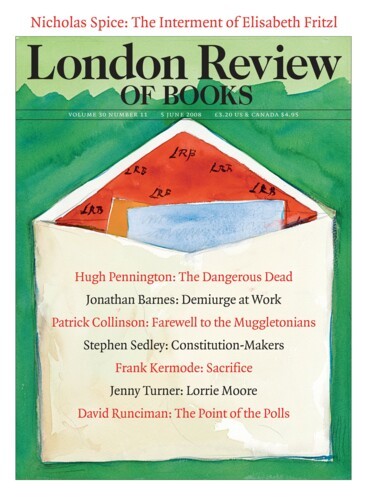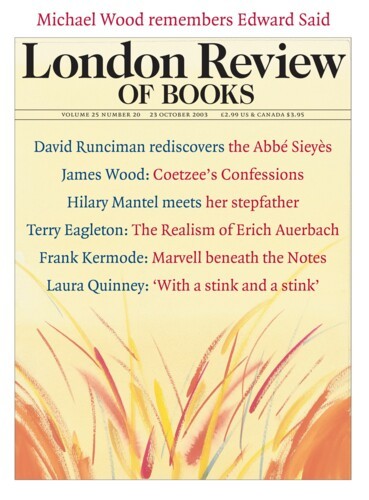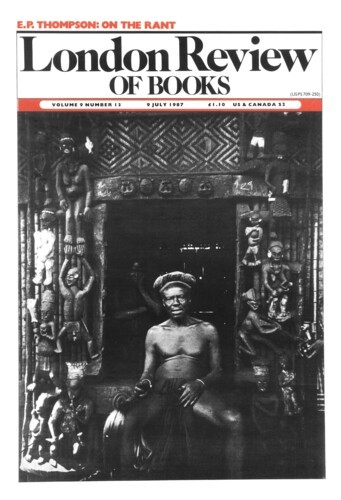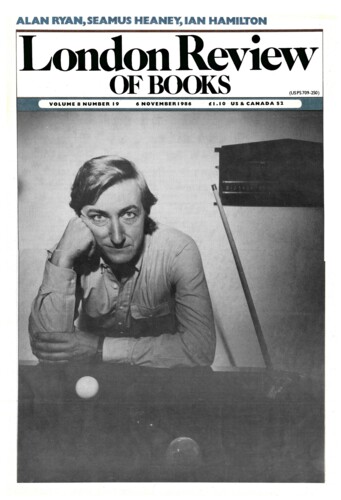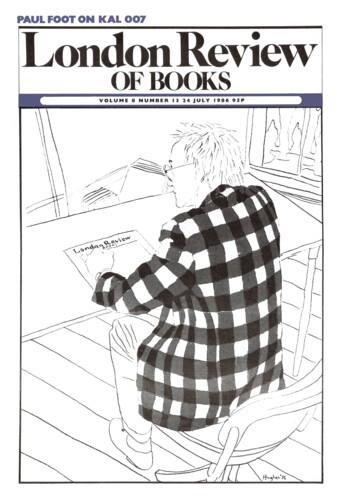What, even bedbugs? Demiurge at Work
Jonathan Barnes, 5 June 2008
Why are there peacocks? And why are there pigs? ‘Nature loves beauty and delights in diversity: that is well shown by the tail of the peacock, for there nature makes it evident that the bird is born for the sake of the tail and not vice versa.’ ‘Pigs are born to be slaughtered, and god has added a soul to their flesh as a sort of salt, thereby providing us with pork.’...
